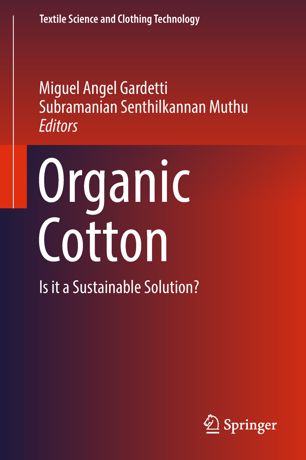

Most ebook files are in PDF format, so you can easily read them using various software such as Foxit Reader or directly on the Google Chrome browser.
Some ebook files are released by publishers in other formats such as .awz, .mobi, .epub, .fb2, etc. You may need to install specific software to read these formats on mobile/PC, such as Calibre.
Please read the tutorial at this link: https://ebookbell.com/faq
We offer FREE conversion to the popular formats you request; however, this may take some time. Therefore, right after payment, please email us, and we will try to provide the service as quickly as possible.
For some exceptional file formats or broken links (if any), please refrain from opening any disputes. Instead, email us first, and we will try to assist within a maximum of 6 hours.
EbookBell Team

0.0
0 reviewsThis book highlights the traditional boundaries of the textile industry and discusses to what extent organic cotton is sustainable. It also examines the domestic and international influences of agricultural practices on cotton. Sustainability issues in the textile and fashion sectors require the influences that arise from beyond the boundaries of the conventional textile industry to be taken into account. These “external” influences—from (international or domestic) agricultural practices and energy policies to consumption patterns and levels of ecological notions of the society—have a significant impact on the sustainability of the textile and fashion sectors as a whole. Ecological and social concerns go far beyond individual companies and industries; therefore, in order to become more sustainable, the textile (and fashion) industry needs to address these concerns appropriately and connect with other disciplines, industries, communities, and international groups.